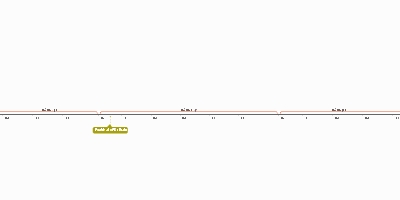jun 9, 1983 - Conservative victory in general election
Description:
Reasons for Labour failure:The SPD:
-The gang of four, consisting of Bill Rogers, David Owen, Roy Jenkins and Shirley Williams split from the Labour party in March 1981
-These leaders and the 28 MPs that followed believed they had been driven out by extremists and that the best way to save Labour was to form a new centrist party
-Williams won a by-election for the Conservative sear in Crosby in November 1981 and in March 1982, Jenkins won Glasgow Hillhead
-Relations were tense because of differences between the leaders
Demographic changes:
-Labour lost a significant number of voters
-Many were turned against Labour by the popular press, which was mostly hostile towards the party, but primarily towards Militant Tendency
-Others became 'Thatcher Conservatives', defected to the SPD or abstained from voting
-Labour couldn't rely of their traditional working class voter base anymore
Thatcher and the Falklands:
-The war gained Thatcher popularity by increasing patriotism and unity, winning through decisive leadership and a quick victory
1983 Manifesto:
-Deeply unpopular
-Described as 'the longest suicide note in history'
-Argued for nuclear disarmament which was unpopular with the Cold War backdrop
-Wanted to withdraw from the EEC which was unpopular as the benefits of the EEC were being felt
Added to timeline:
Date:
jun 9, 1983
Now
~ 42 years ago
